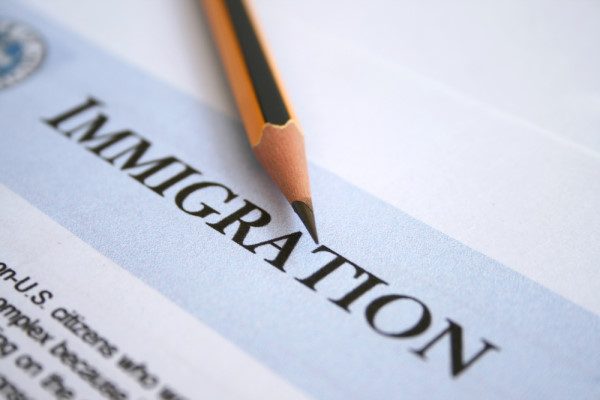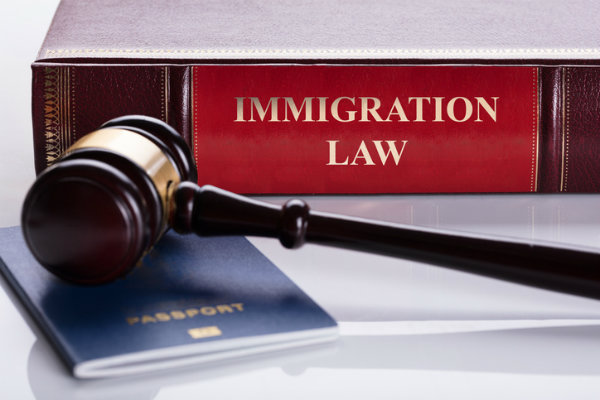As people age, they become more vulnerable to scams and frauds. Scammers often target seniors because they may be more trusting, less tech-savvy, and more financially stable. According to the National Council on Aging, financial scams targeting seniors result in an estimated $3 billion in losses each year. These scams can be devastating for seniors who have limited resources and rely on their savings to support themselves.
Common Scams Targeting the Elderly

Scammers use a variety of tactics to target seniors. Some of the most common scams include:
- IRS scams: Scammers call or email seniors, claiming to be from the IRS and demanding payment for unpaid taxes. They may threaten legal action if payment is not made immediately.
- Phishing scams: Scammers send emails or text messages that appear to be from legitimate companies, such as banks or credit card companies. They ask seniors to provide personal information, such as their social security number or credit card information.
- Sweepstakes scams: Scammers notify seniors that they have won a large sum of money or a prize, but they need to pay a fee to claim it. Once the fee is paid, the scammer disappears, and the prize never arrives.
- Grandparent scams: Scammers call seniors, pretending to be their grandchild in distress. They claim to need money urgently for a medical emergency or legal trouble.
Preventing Scams
Prevention is the best defense against scams. Seniors can take several steps to protect themselves from scams:
- Be wary of unsolicited calls or emails: Scammers often reach out to seniors via phone or email. Seniors should be cautious of any unsolicited calls or emails and avoid giving out personal information.
- Check with a trusted family member or friend: Seniors should check with a trusted family member or friend before making any financial decisions or giving out personal information.
- Keep personal information private: Seniors should never give out personal information, such as their social security number or credit card information, to anyone they do not know.
- Stay up to date on scams: Seniors should stay informed about the latest scams by reading the news or subscribing to scam alert services.
Responding to Scams

If a senior falls victim to a scam, it is important to act quickly to limit the damage:
- Report the scam: Seniors should report the scam to the Federal Trade Commission (FTC) and the local police department.
- Cancel credit cards: If a senior gave out their credit card information, they should cancel the card immediately.
- Change passwords: Seniors should change any passwords that may have been compromised by the scammer.
- Notify banks and credit card companies: Seniors should notify their banks and credit card companies of the scam to prevent any unauthorized charges.
Scams targeting the elderly are a serious problem that can result in significant financial losses. Prevention is the best defense against scams, and seniors should be cautious of any unsolicited phone calls or emails. If a senior falls victim to a scam, they should act quickly to limit the damage by reporting the scam and canceling credit cards. By staying informed and taking steps to protect themselves, seniors can avoid falling victim to scams and frauds.


























